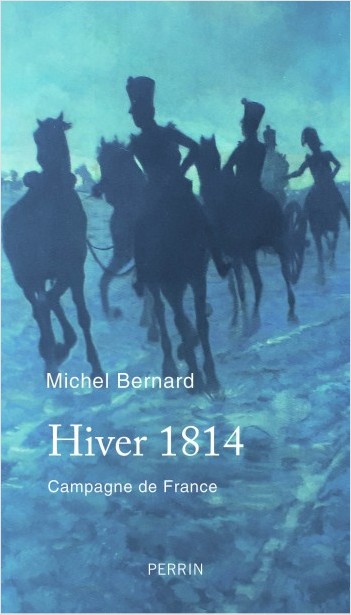 Reading memoirs of important players who worked during presidencies has always fascinated me. I notably cherish the moments spent reading Dick Morris, Ed Rollins, Peggy Noonan, George Stephanopoulos and James Carville’s books during my University years. Classics in my humble opinion.
Reading memoirs of important players who worked during presidencies has always fascinated me. I notably cherish the moments spent reading Dick Morris, Ed Rollins, Peggy Noonan, George Stephanopoulos and James Carville’s books during my University years. Classics in my humble opinion.
I was therefore thrilled to dive into Holding the Line: Inside Trump’s Pentagon with Secretary Mattis by Guy M. Snodgrass, former Chief Speechwriter and Communications Director for Secretary of Defense James N. Mattis.
What strikes me upon finishing this book is how difficult it must have been to work for and with the 45th President. Picture this. You’ve prepared a briefing for the leader of the free world and this man is only fixated on organizing a big military parade in Washington, D.C., because he was impressed with the 14th of July celebrations in Paris. You therefore realize that, next time around, you will “[…] only use slides with pictures… no words.” You’re talking here about the individual who makes life-and-death decisions for 1.3 million members of the Armed Forces and can decide to start a war.
I could also mention the particular episode when Lockheed Martin’s executives decided to flatter Trump’s ego by pretending his involvement in the F-35 contributed to lower the cost. “The only problem? Those savings had been already planned for years in advance […].” That’s how insecure and immature the current resident of the White House is.
And then there’s the moment when people at the Pentagon – the Secretary of Defense at the top of the list – learnt, probably live on TV or over the Internet, during a summit between Trump and Kim Jong Un that “war games” historically planned and organized between the US and South Korean armies would be suspended. Talk about respecting your allies. Much the same happened with the creation of the Space Force. Not to mention the NATO summit when POTUS went off message. In brief, “the administration wasn’t operating strategically, but rather looking for issues to provide immediate satisfaction.” The type of instant gratification you can expect from children.
To a certain extent, this portrait of the man was to be expected. Donald Trump has never been renowned for being a serious person, an avid reader or an intellectually curious politician. Chances are slim he will fall in love with a tome about General George Marshall or the minutiae of military affairs. I doubt we will see a pile of books set aside for him at the Barnes & Noble downtown D.C. (I once saw such a pile set aside for President George W. Bush during one of my visits in the US Capital).
I don’t know why, but what flabbergasted me the most was to read how Mattis reacted to Trump and the way he accepted to be treated. On one hand, he could have a phone conversation with the President, using a very ingratiating tone of voice and, on the other, he would lose control of a meeting with National Security Advisor John Bolton, Treasury Secretary Steven Mnuchin and State Secretary Mike Pompeo, allowing them to interrupt him with impunity. Not the type of behavior you expect from a man who is compared to General George Patton and whose nickname is “Mad Dog”.
According to the author, James Mattis “[…] is actually conflict-adverse in dealing with people he sees on a regular basis.” Which could explain how a retired US Marines Corps General got trampled over by a real estate mogul and his minions. In other words, Mattis became a legend with men who served under him, but he was not necessarily cut to serve alongside a president who doesn’t believe in the tenets of diplomacy which are so important to Mattis and to Rex Tillerson who served as Secretary of State at the beginning of the current administration and was also fired by the Tweeter-in-Chief.
It goes without saying that Donald Trump could have benefited so much more from the talent, expertise and knowledge of a bookish military figure “[…] who at one point owned more than seven thousand books in his library […]” and who takes inspiration from the legendary Henry Kissinger, but these type of men need more than 180 characters to reflect and take action. In a sense, one wonders how is it that such a great man could stick around so long in an administration that doesn’t know the meaning of grace, diplomacy and vision.
Many books will be published in the future about the inside story of the Trump administration. But I’m certain Guy Snodgrass will be among the most interesting, because of his inspired style, but also his profound decency (between the lines, you can understand that this guy was way too kind for the treacherous world of politics). Like his former boss, he’s a warrior-scholar. And Lord knows we need such men more than trigger-happy provocateurs.


 « Je ne suis ni meilleur ni plus intelligent qu’aucun de vous. Mais je ne me décourage pas et c’est pourquoi le rôle de chef me revient. » – Theodor Herzl
« Je ne suis ni meilleur ni plus intelligent qu’aucun de vous. Mais je ne me décourage pas et c’est pourquoi le rôle de chef me revient. » – Theodor Herzl